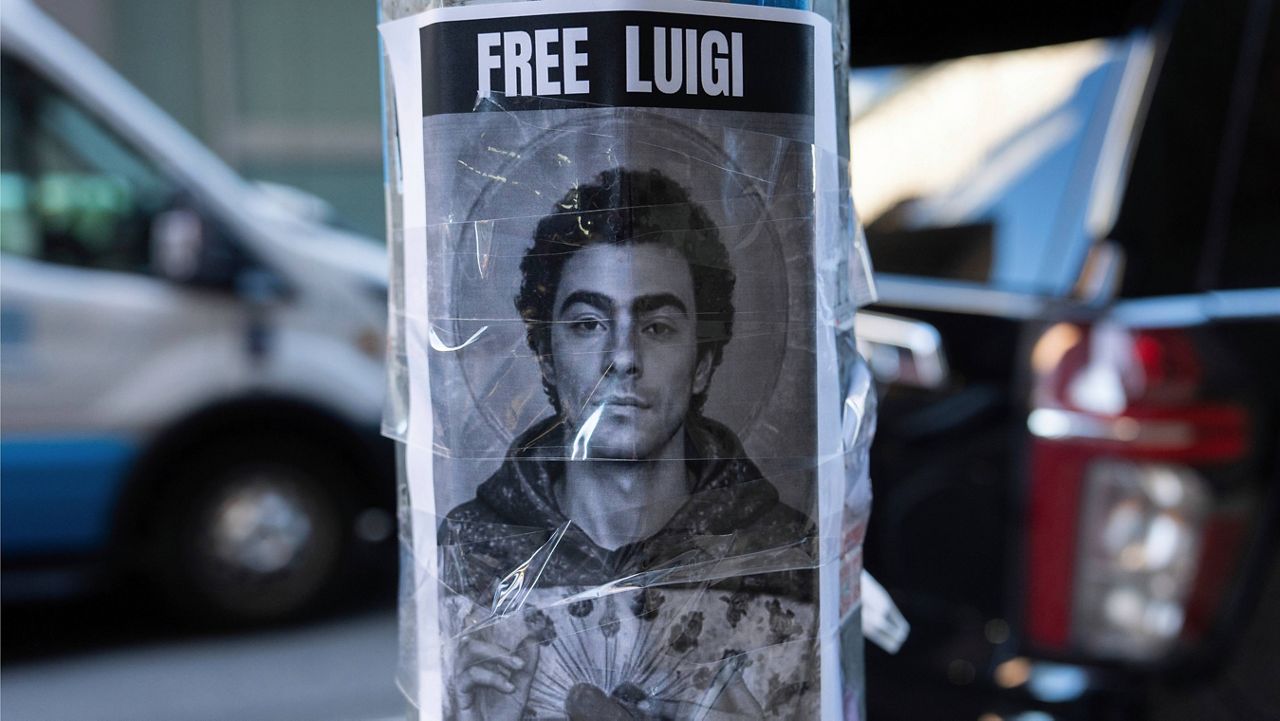Former U.S. Surgeon General Jerome Adams said in an interview published Tuesday that the killing of UnitedHealthcare CEO Brian Thompson and the subsequent support of the alleged killer among some corners of the public signaled “a profound loss of confidence in” the health insurance industry. He urged insurers to not “ignore this moment.”
“When individuals resort to violence, it signals a profound loss of confidence in structures that are meant to support and protect the public,” Adams told Politico Magazine. “This eroded trust leads to people feeling hesitant to seek care, fearing that they might not receive the treatment that they deserve, or that their concerns will not be taken seriously when they come in for care.”
What You Need To Know
- Former U.S. Surgeon General Jerome Adams said that the killing of UnitedHealthcare CEO Brian Thompson and the subsequent support of the alleged killer signaled “a profound loss of confidence in” the health insurance industry and urged insurers to not “ignore this moment”
- While the country’s healthcare system requires changes at all levels to provide better care for Americans, Adams argued, “you can’t ignore the fact that companies like United and Anthem are literally making billions of dollars of profit”
- The former surgeon general called the public’s growing distrust of the healthcare industry “undermines public health initiatives” and causes people to “ignore vital public health guidance,” including when it comes to safe and effective vaccinations
- Nearly 70% believe the healthcare system in the United States has “major problems” or is “in a state of crisis,” according to Gallup
While the country’s health care system requires changes at all levels to provide better care for Americans, Adams argued, “you can’t ignore the fact that companies like United and Anthem are literally making billions of dollars of profit.”
Adams served as the country’s top public health official from September 2017 through the end of Donald Trump’s first term as president. Adams said he is not interested in returning for a second stint in Trump’s new administration. Trump has nominated former CityMD executive and Fox News medical contributor Janette Nesheiwat to be the next surgeon general.
A former Indiana state health commissioner appointed by then-Gov. Mike Pence, Adams returned to the state in 2021 to lead Purdue University’s health equity initiatives and work as an anesthesiologist at Eskenazi Health in downtown Indianapolis, where he provides care for “inner-city patients,” many of whom are uninsured, underinsured or on Medicaid, he said.
“I’m on the front lines, and I’m seeing the patients who are often dissatisfied or frustrated with their ability to navigate a complicated system,” he said. “I’m also seeing the providers who are getting more and more frustrated with their inability to provide the care that they know patients need and deserve.”
The former surgeon general said the public’s growing distrust of the health care industry “undermines public health initiatives” and causes people to “ignore vital public health guidance,” including when it comes to safe and effective vaccinations.
Thompson, the UnitedHealthcare CEO, was killed earlier this month on a New York sidewalk while walking to an investor conference. A nationwide manhunt ended days later in Pennsylvania with 26-year-old Luigi Mangione being arrested and charged with killing. According to The Associated Press and other outlets, police said Mangione wrote a manifesto expressing anger at the “parasitic” health insurance industry.
Mangione is being held in Blair County, Pennsylvania. An extradition hearing is scheduled for Thursday.
While most political figures on both sides of the aisle have denounced the killing, many expressions of support for Mangione and his alleged motives have garnered millions of shares and likes on social media.
An Emerson College poll of 1,000 registered voters last week found 68% believe the killing of Thompson was unacceptable, while 17% found it acceptable. Around 41% of those polled between ages 18 and 29 — a relatively small sample of 141 people total — found Mangione’s alleged actions either “somewhat acceptable” (24%) or “completely acceptable” (17%).
In a New York Times op-ed last week, UnitedHealthcare’s parent company CEO Andrew Witty wrote that his company understands and shares “the desire to build a health care system that works better for everyone.”
“Together with employers, governments and others who pay for care, we need to improve how we explain what insurance covers and how decisions are made,” Witty wrote. “While the health system is not perfect, every corner of it is filled with people who try to do their best for those they serve.”
In the Politico interview, Adams questioned why Witty didn’t say “that insurance companies really need to focus on reforming their policies” instead of just better explaining why they aren’t covering a patient’s medical expenses.




